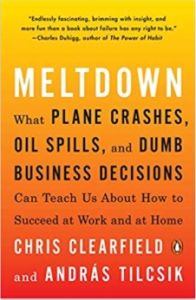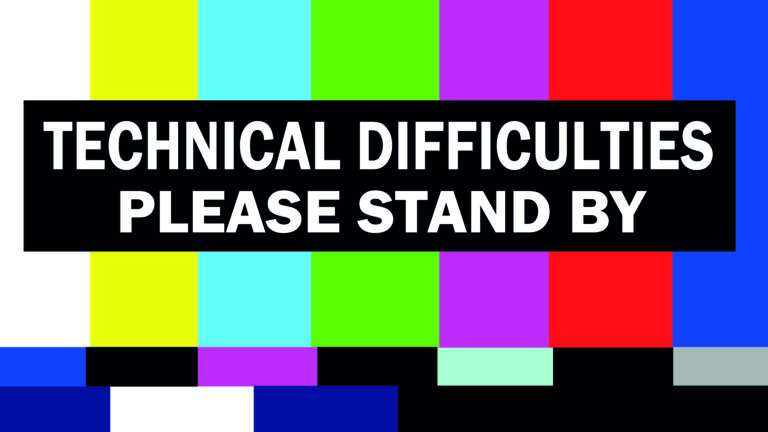Join getAbstract to access the summary!

Join getAbstract to access the summary!
Chris Clearfield and András Tilcsik
Meltdown
What Plane Crashes, Oil Spills, and Dumb Business Decisions Can Teach Us About How to Succeed at Work and at Home
Penguin Press, 2018
What's inside?
Advanced technological progress puts society at risk of catastrophic system failure.
Recommendation
Former derivatives trader Chris Clearfield and management professor András Tilcsik assess modern systems’ frightening potential for failure, such as nuclear reactor meltdowns, transportation disasters, poor water quality and hacked defibrillators. They delve into what went wrong in various crises without being too technical. They spend two-thirds of this coherent, well-organized argument on research-backed strategies for addressing the risk of failure. A nuclear meltdown might not seem related to daily life, but these failure-prevention strategies apply to many issues. The authors provide tools for staving off disaster in complex environments.
Summary
About the Authors
Former stock trader Chris Clearfield writes about complexity and failure for general and academic publications. University of Toronto, Rotman School of Management professor András Tilcsik teaches organizational failure and disaster risk management.





















Comment on this summary